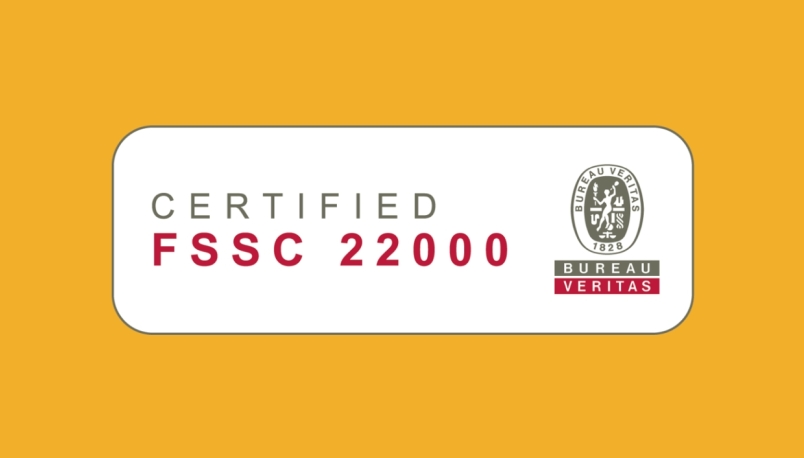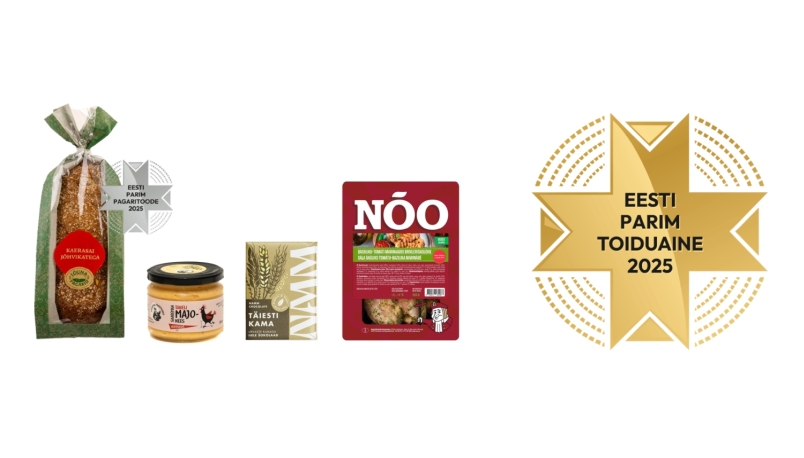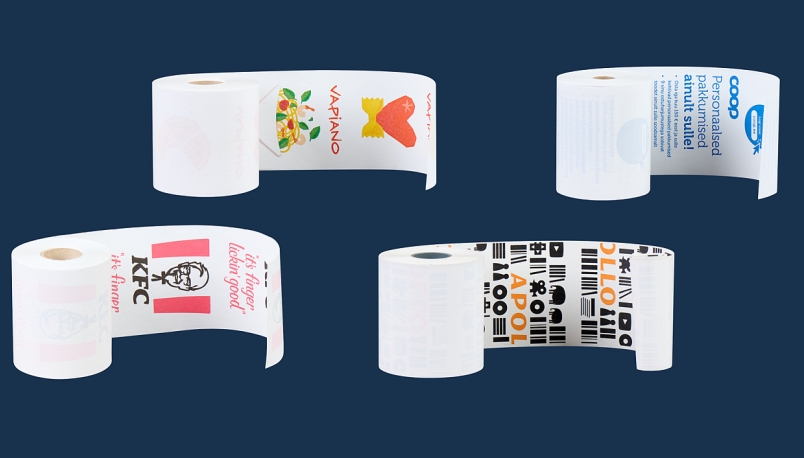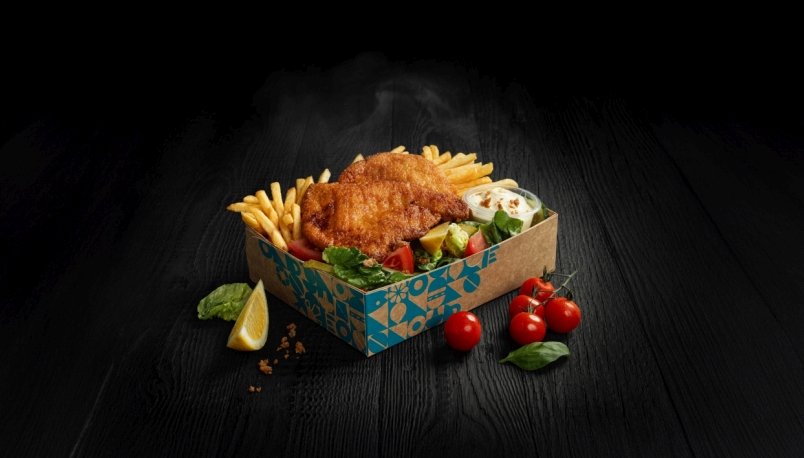As the world focuses more on protecting the environment, new rules are shaping how businesses operate. At Kroonpress AS, we’re committed to preparing for these changes, among other initiatives, actively aligning our operations with the upcoming EU Deforestation Regulation (EUDR) requirements. While the deadlines for compliance have been extended, we are taking proactive steps to ensure we’re ready to meet these standards and continue delivering sustainable, high-quality products.
The purpose of this post is to inform customers and other stakeholders about how Kroonpress AS and our products are affected by the EU Deforestation Regulation (EUDR) and what we are doing to meet the requirements of the legislation.
What is EUDR?
The EU Deforestation Regulation or ‘EUDR’ aims to halt deforestation and forest degradation associated with a number of specific raw materials and products made from soya, palm oil, coffee, cocoa, natural rubber, cattle and wood. Under the EUDR, products containing or made from wood (such as paper, cardboard and paperboard) cannot be placed on the EU market or exported from the EU market unless they are deforestation-free, produced in accordance with relevant national legislation and covered by a due diligence declaration.
While the regulation has been in force since June 29, 2023, its application timeline has been extended. Originally set for December 30, 2024, large and medium-sized enterprises now have until December 30, 2025, to comply, and micro and small enterprises have until June 30, 2026.
What is the status?
To comply with EUDR requirements, traceability and due diligence must be established in a completely new way for all companies in the value chain. However, there are currently a number of administrative and technical challenges surrounding the implementation of the EUDR that make it difficult for both graphic companies and suppliers further up the value chain to demonstrate compliance. The situation is the same for all supply chains.
A key element in the implementation of EUDR is the EU information system TRACES, where traceability must be managed and due diligence statements (DDS) must be created and shared with companies further down the value chain. The TRACES information system is not yet fully developed, and the European Commission has not provided a specific timeline for when the system will be fully operational. While registration for economic operators began on November 6, 2024, the functionality for submitting due diligence statements remains pending.
The Commission continues to conduct pilot testing and training sessions to ensure the system meets business requirements and standards for properly functioning supply chains. In addition, the scope of the due diligence and risk assessment to be carried out on the supply chain has not yet been clarified.
What do we do?
At Kroonpress AS we support initiatives that can help ensure responsible use of the world’s forests and that wood products do not lead to deforestation and forest degradation. Therefore, our company has been FSC/PEFC certified since 2008. Also, we prioritise the purchase of FSC/PEFC certified material from our material suppliers.
In addition, we have initiated the following activities to prepare for an effective implementation of the EUDR in the company:
- We are in dialogue with our material suppliers about when the necessary information will be available in the value chain. This concerns in particular reference numbers for DDS in the EU information system TRACES and risk assessments of the supply chain.
- We are preparing our internal systems within the company to handle and communicate DDS reference numbers to our customers when they are available in the EU information system TRACES.
- We have requested declarations from our material suppliers showing the origin of the wood material used in our products.
- As holders of the relevant certifications, we offer products made from FSC- or PEFC-certified materials, allowing us to assess that the risk is reduced.
Stay informed with us
We are committed to sustainability and preparing for the EUDR as details are finalised. As the situation evolves, we may revise this blog post to include new information, particularly regarding the status of TRACES development and other relevant factors. Therefore, we recommend revisiting this post occasionally to stay informed about the latest insights.
In the meantime, if you have questions or want updates on our progress, feel free to reach out to us here.





 Back
Back






